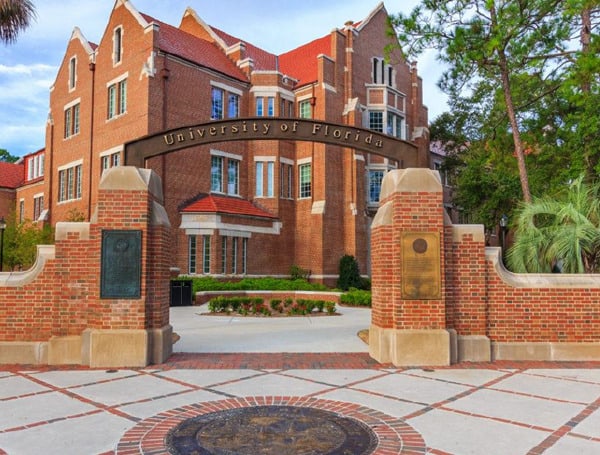Colleges and universities could soon be prohibited from requiring “political loyalty” tests for students and employees as a condition of admission or employment, under a measure passed Tuesday by the Senate.
The Republican-controlled Senate voted 33-5 to pass the bill (HB 931), which is now ready to go to Gov. Ron DeSantis. The House voted 82-34 to pass the bill last week.
The bill moved through the Legislature as DeSantis and other Republicans have frequently called for eliminating “woke” ideology in the education system.
In the news: Florida Lawmakers Poised To Expand Parental Rights Law
Political loyalty tests are defined in the bill as “compelling, requiring, or soliciting a person to identify commitment to or to make a statement of personal belief in” various concepts, including any “specific partisan, political, or ideological set of beliefs.”
Colleges and universities also could not require statements of support for any “ideology or movement that promotes the differential treatment of a person or a group of persons based on race or ethnicity, including an initiative or a formulation of diversity, equity, and inclusion” beyond upholding the Constitution.
The State Board of Education and state university system’s Board of Governors would be authorized under the bill to establish penalties for violations of the loyalty-test prohibition.
Sen. Geraldine Thompson, D-Windermere, argued Tuesday that colleges and universities don’t require such tests.
“What institution is requiring loyalty surveys? It’s not happening here. I’m told it’s happening elsewhere. So, we’re getting ready to pass a policy to prohibit something that is not happening,” Thompson said.
Senate sponsor Keith Perry. R-Gainesville, and other bill supporters have cited an example of the University of Florida College of Medicine using what they characterize as political loyalty tests.
A House staff analysis of the bill said the medical school “includes ‘anti-racist’ principles into its student code of ethics, requiring all students to adopt these principles as a requirement of attending the institution.”
In the news: Florida Lawmakers Pass ‘PBM’ Restrictions
The measure also would add requirements related to public-speaking events at state universities. Each of the 12 universities would be required to establish an Office of Public Policy Events, which would be responsible for organizing, publicizing and staging at least four debates or group forums a year at the schools.
The events would have to “address, from multiple, divergent, and opposing perspectives, an extensive range of public policy issues widely discussed and debated in society at large.”
Speakers invited to the events would be required to “represent widely held views on opposing sides of the most widely discussed public policy issues” of the day.
Perry touted that part of the bill Tuesday.
“What this does is says, we’re going to have these topics, widely held (and) discussed topics of today, and we are going to facilitate a point-counterpoint. We’re going to have both sides of that that students can go to, and the general public if there’s room,” Perry said.
The dissenting votes Tuesday were cast by Thompson; Senate Minority Leader Lauren Book, D-Davie; Sen. Lori Berman, D-Boca Raton; Sen. Tina Polsky, D-Boca Raton; and Sen. Bobby Powell, D-West Palm Beach.
Android Users, Click To Download The Free Press App And Never Miss A Story. Follow Us On Facebook and Twitter. Signup for our free newsletter.
We can’t do this without your help; visit our GiveSendGo page and donate any dollar amount; every penny helps.

